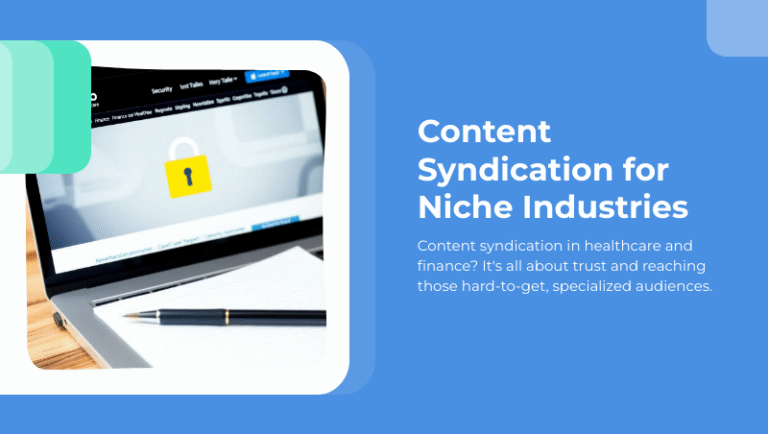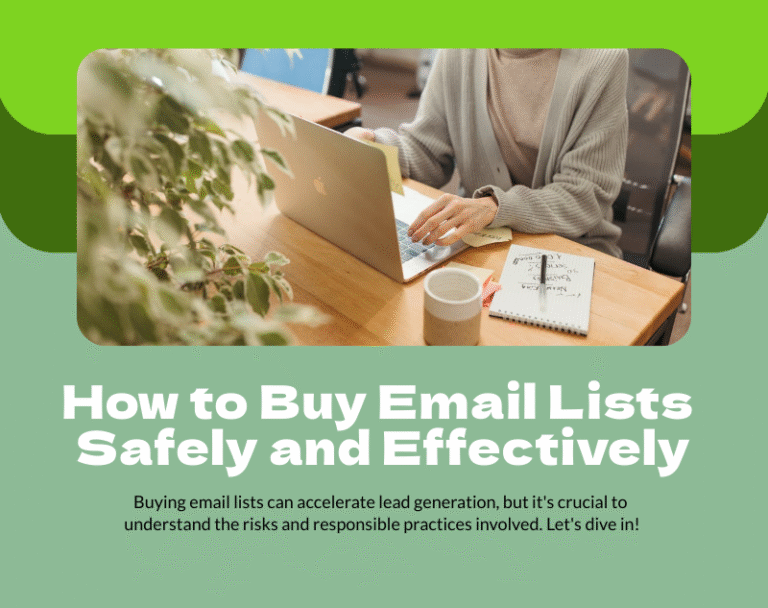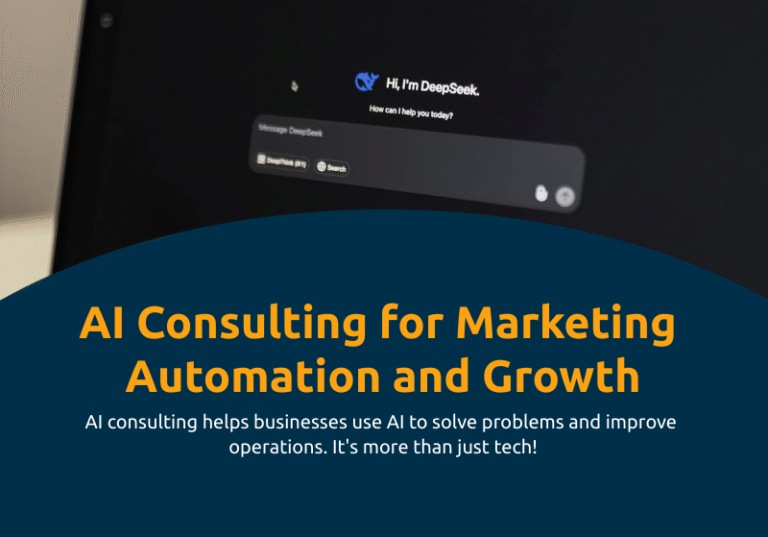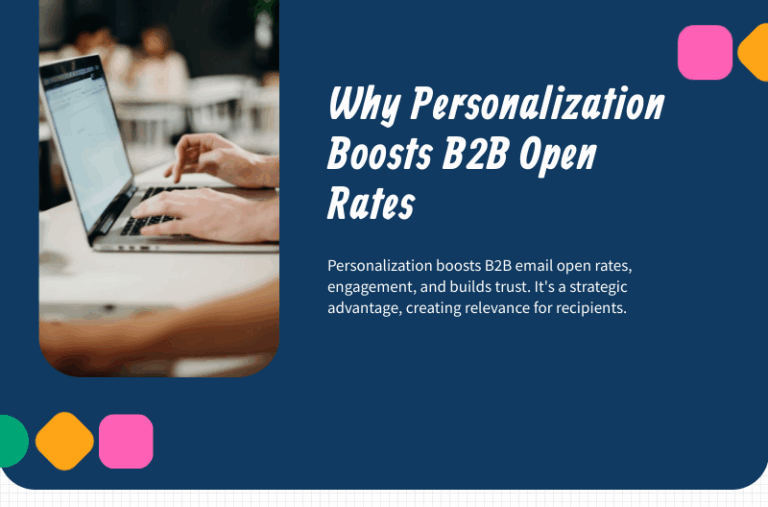
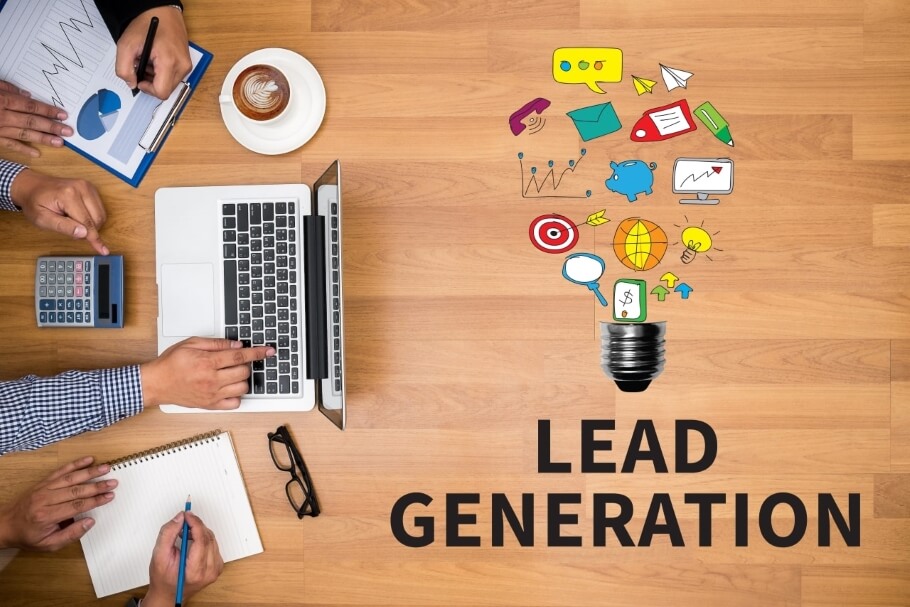
B2B lead generation is a valuable marketing strategy for sales and marketing teams, with worthwhile rewards when done correctly. Before the digital age, a “lead” was usually procured via referral from another customer, or through mail marketing efforts, or by handing out business cards and flyers, or printing and mailing newsletters.
Today’s leads are most likely to come from a contact who submits personal information on a website, sometimes in exchange for a free resource (an eBook, whitepaper, discount, etc.). Or through call to actions from email marketing campaigns. Leads have a “lifecycle,” from initial consideration through to an actual decision.
The Types of Leads in the Sales Lifecycle Include:
- Simple Leads are new leads that have shown up on your radar for the first time. You may have gotten a lead’s information at a trade show. Or maybe the lead signed up to receive a free newsletter. The contact information about the lead is limited. It may be just an email address. Simple leads are identified early and will virtually always require significant nurturing and information from your marketing team to become a marketing qualified lead.
- Marketing Qualified Leads or MQLs include prospects that have clearly expressed an interest in your service or product. An MQL is also known as a “working” lead—a potential customer with whom your company will be instigating an active conversation. Under this umbrella, some of these leads may be considered “nurturing” leads, in that they may not be ready to purchase right now but have a serious interest for the future. A nurturing lead can be grown by sending information to the prospect, via a newsletter, a product reveal, or an upcoming webinar schedule, so they are well-informed once they are ready to purchase. MQLs can be identified by offering downloadable content in exchange for contact information that may include demographic or firmographic information about the lead such as company sales volume, employee size, or industry.
- Sales Qualified Leads or SQLs have expressed a serious level of interest in your services or products. SQLs are ready for a direct sales follow-up and are ready for your sales team to vet the SQL to determine further how close they are to purchasing.

How Does B2B Lead Generation Occur?
Now that you understand the different types of leads, let’s talk about how you generate those leads. Rather than focusing on a single type of lead generation, the most successful businesses use a specific (and unique to their industry and business), combination of activities. It’s good to remember that what works for one business—even a business similar to yours—may not work for your own business. The only way to determine the best way to generate B2B leads is by testing different methods and different campaigns. The types of lead generation you may decide to test include:
- Email Marketing. Sending out personalized messages with a clear call to action to a targeted list is a proven way to generate qualified leads.
- Website lead generation. Your company website can be your most important method of generating leads. Content creation will be one of the most important aspects of website lead generation.
- Blog post lead generation. According to DemandMetric, companies with blogs produce an average of 67 more leads per month than companies that don’t blog. Further, blogs result in a whopping 434 percent increase in indexed pages, and a 97 percent increase in indexed links.
- Landing page lead generation. Landing pages work well as a lead generating tactic. Remember to be clear and concise, making your point quickly. Your landing page should never appear cluttered or messy. You want your reader’s eye to be directed to the most important features first, then offer a call-to-action that stands out.
- Website form optimization for lead generation. Using on-page forms is a good way to generate B2B leads. The information you receive from someone who fills out a form can be invaluable for lead generation. Make sure you are clear about what your visitor will receive in exchange for providing their contact information and be careful not to ask for too much information, or many users will stop mid-form.
In today’s competitive market, B2B lead generation may require a significant level of trial and error before you find the type of lead generation that works best for you and your business. If you are struggling to find qualified B2B leads, Reach Marketing is a recognized B2B lead generation agency with more than 40 years’ experience helping businesses across all industries, from large to small.
